Western nations that have not legalized same-sex marriage and why these exceptions matter.

For most Western countries, same-sex marriage has become a recognized legal right, reflecting broader acceptance of LGBTQ+ equality. Yet a handful of nations still hold out, maintaining bans or restrictions rooted in political, religious, or cultural traditions. Understanding which countries fall into this category helps you see where global progress stands—and where resistance remains entrenched.
This topic matters because marriage equality isn’t just symbolic; it directly affects rights to healthcare, inheritance, adoption, and family recognition. Knowing where same-sex marriage remains illegal provides context for travelers, expatriates, or anyone following international human rights issues. It also highlights the uneven pace of change within the same cultural and geographic region.
1. Italy does not allow full marriage rights.
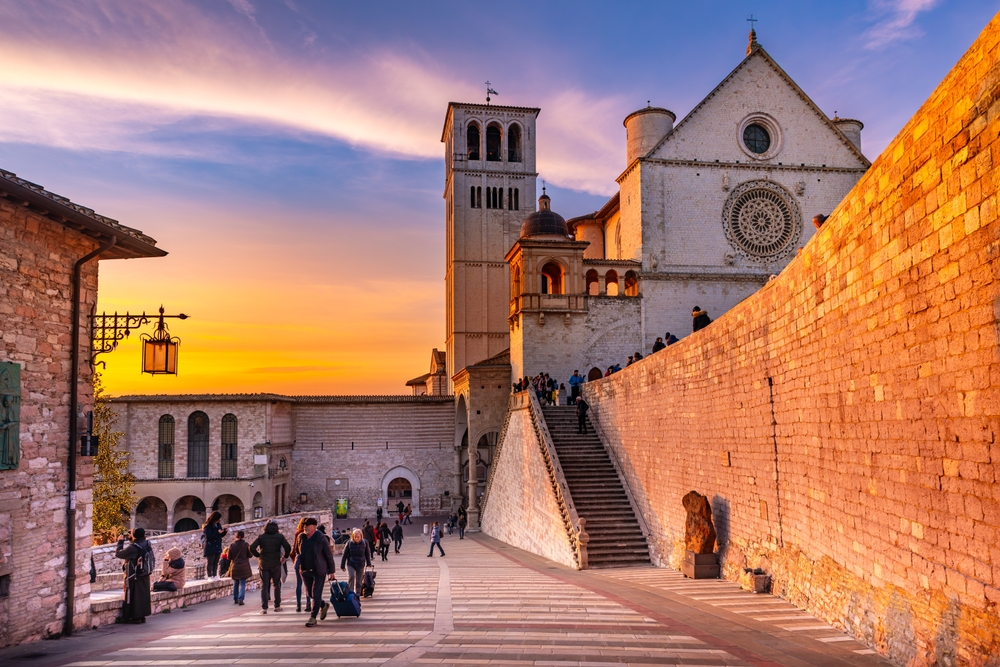
Italy recognizes civil unions but has stopped short of legalizing same-sex marriage. Civil unions grant many of the same legal protections but exclude certain rights like adoption. For LGBTQ+ couples, this creates a patchwork of protections that fall short of equality. If you live in or travel to Italy, keep in mind that terminology matters—“unioni civili” is the official framework. The practical takeaway is to understand the limits: healthcare and inheritance are covered, but family-building rights remain contested, as mentioned in HRC.
2. Greece restricts same-sex couples to partnerships.

While Greece allows same-sex civil partnerships, marriage remains off the table. Traditional religious influence, particularly from the Greek Orthodox Church, plays a major role in this restriction. Couples can still secure some legal rights around property and taxation, but adoption and full marital recognition are blocked, Our World in Data reports. If you’re navigating life in Greece, know that official paperwork will use partnership status, not marriage, which can affect international recognition of your union.
3. Cyprus limits recognition to civil unions.
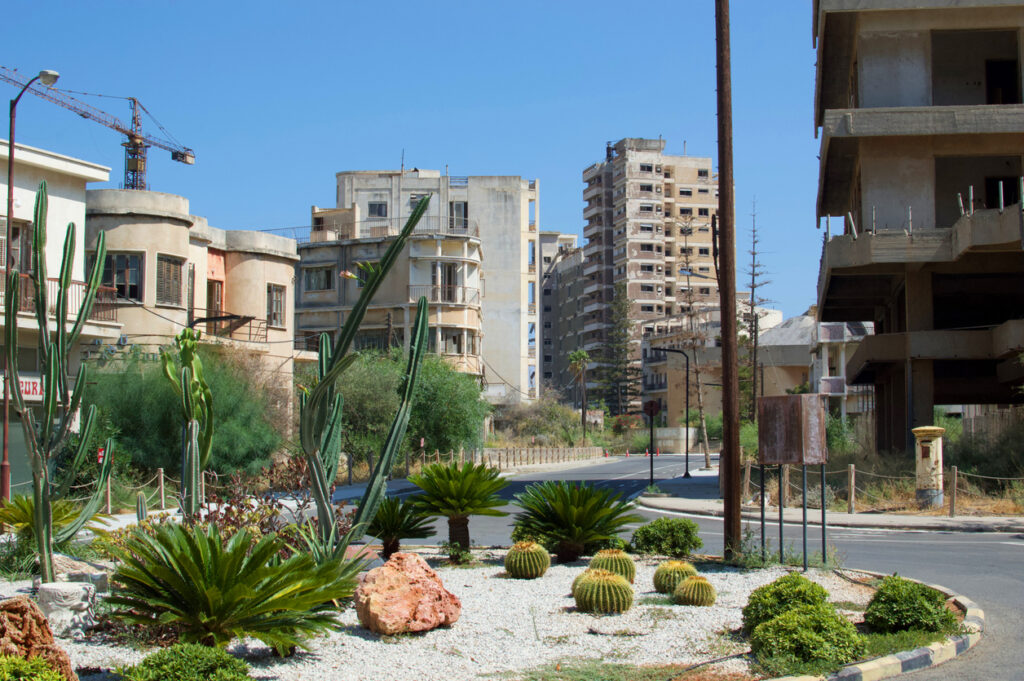
In Cyprus, same-sex couples can register civil unions, but they do not have the right to marry. This partial recognition reflects political compromise in a socially conservative society. Civil unions cover basics like inheritance and hospital visitation but exclude broader family rights. If you’re relocating to Cyprus, factor in that international institutions may treat your union differently compared to full marriage recognition, particularly when dealing with children or cross-border legal matters, experts at Pew Research Center said.
4. Liechtenstein provides registered partnerships only.
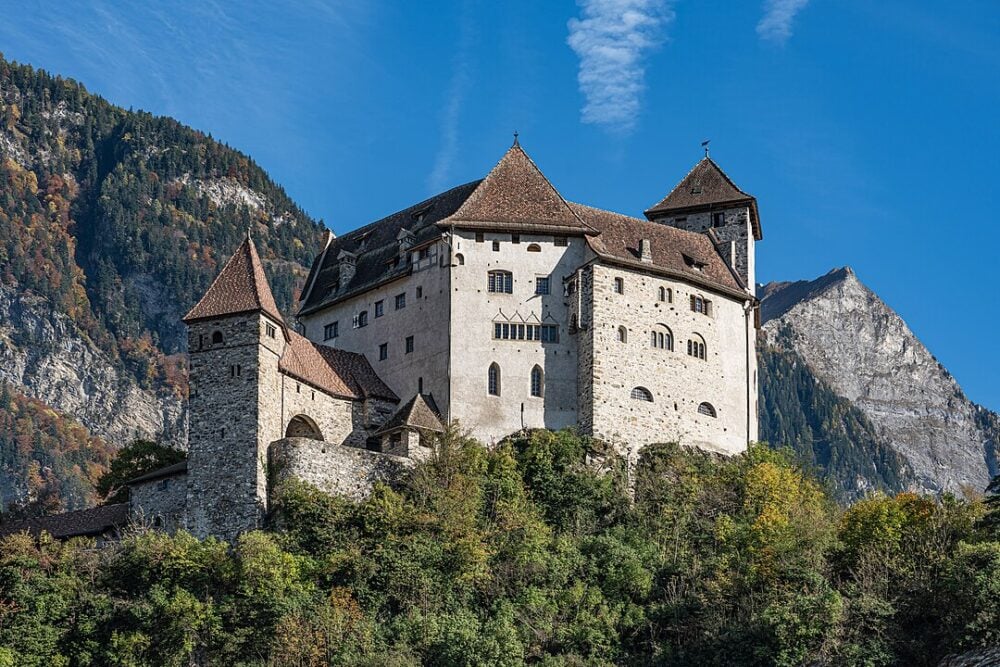
Liechtenstein, a small principality in central Europe, allows same-sex registered partnerships but does not extend full marriage rights. The difference matters for symbolic equality and certain practical areas like adoption. The influence of the Catholic Church remains strong, which helps explain the country’s hesitation. If you’re considering residency or long stays, know that recognition may feel halfway—your relationship has some legal weight but not the full societal acknowledgment of marriage.
5. Poland bans same-sex marriage outright.

Poland’s constitution defines marriage as between a man and a woman, leaving no space for marriage equality. Civil partnerships have also failed to gain legal approval, leaving LGBTQ+ couples without formal recognition. This creates real challenges around healthcare decisions, inheritance, and child custody. If you plan to live or travel here, prepare for administrative hurdles, and recognize that international protections may not apply once within Polish borders.
6. Slovakia maintains a constitutional ban.

Like Poland, Slovakia explicitly defines marriage as a union between a man and a woman. Civil partnerships are not recognized either, meaning LGBTQ+ couples lack legal frameworks for family rights. The result is complete exclusion from marriage-related protections. If you are based in Slovakia, make sure to secure private legal arrangements—such as wills and contracts—to cover what marriage would otherwise provide automatically.
7. Romania refuses both marriage and partnerships.
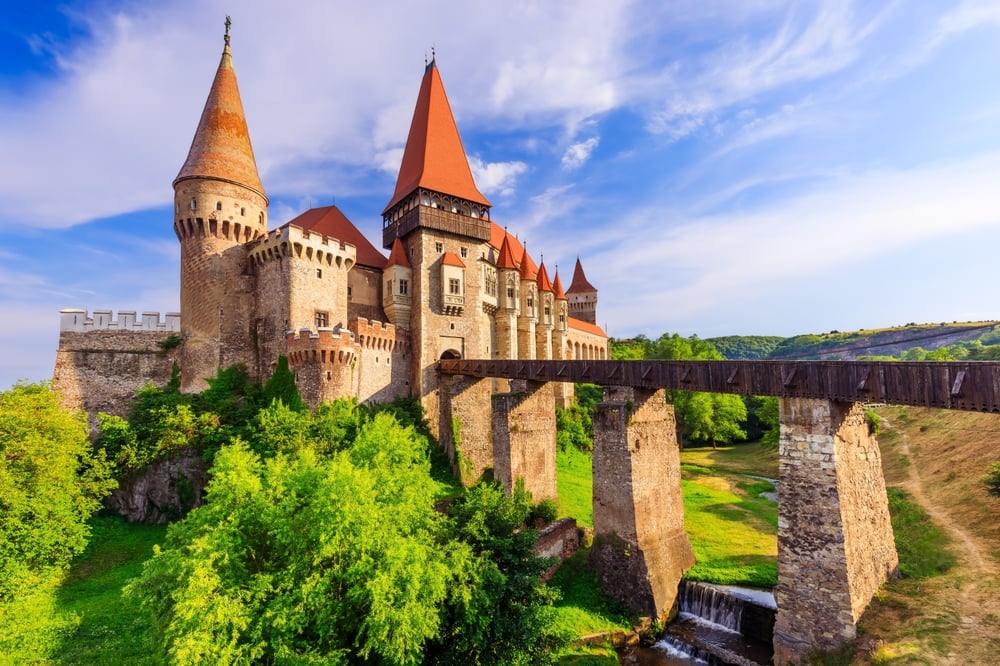
Romania’s laws bar same-sex marriage and do not offer civil unions. While European court rulings have pressured Romania to recognize some rights for same-sex couples, full legal frameworks remain absent. This creates inconsistencies, especially for international couples relocating to the country. If Romania is on your radar for work or travel, plan ahead by clarifying legal documents outside the country to ensure some level of protection.
8. Bulgaria blocks recognition at every level.
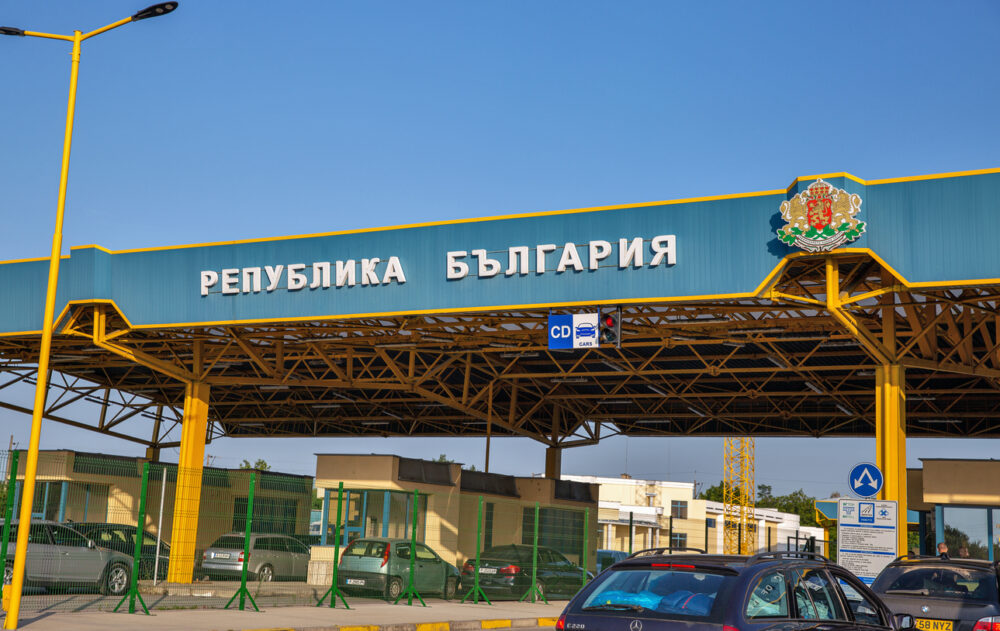
Bulgaria does not allow same-sex marriage and has resisted introducing civil partnerships. Legal cases have been brought forward at the European level, but domestic law remains restrictive. This lack of recognition affects everything from healthcare access to property rights. If you have ties to Bulgaria, be aware that private agreements—not state protections—are the main way to secure rights that marriage typically guarantees.
9. Latvia excludes marriage and civil unions.

Latvia defines marriage in its constitution as between a man and a woman, blocking same-sex marriage. Attempts to introduce civil partnerships have stalled in parliament. This leaves LGBTQ+ couples without legal recognition, impacting areas such as inheritance, adoption, and even everyday matters like next-of-kin status. If Latvia is part of your life or travels, assume no automatic protections and consider alternative legal safeguards.
10. Lithuania restricts family rights.
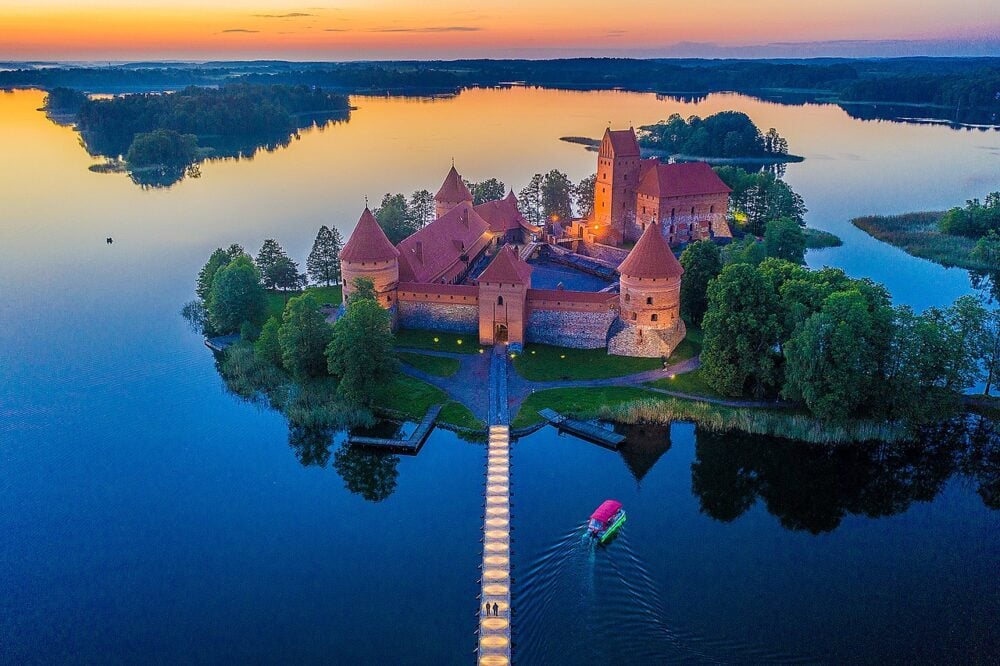
Lithuania does not recognize same-sex marriage and has been slow to adopt civil partnerships. Religious and conservative political influence has kept reform off the table. For LGBTQ+ couples, this means living without legal security in family or property matters. If you are considering moving there, plan for supplementary contracts and be aware that EU-level protections may still require lengthy legal battles to be enforced locally.
11. Czech Republic has partnerships but no marriage.
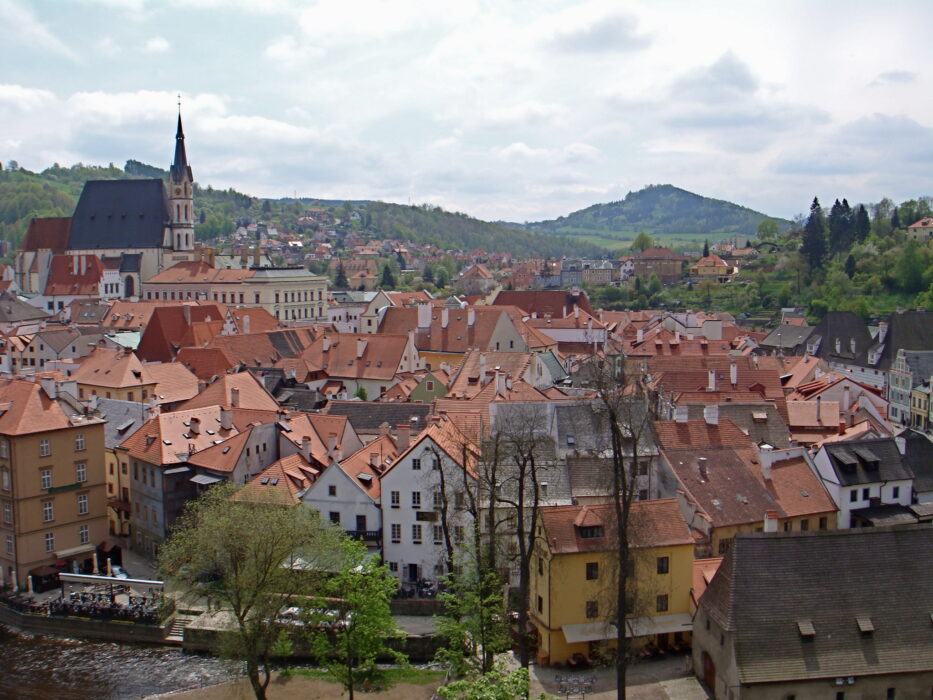
The Czech Republic recognizes registered partnerships, granting many—but not all—marital rights. Adoption and full family protections remain restricted. A bill to introduce same-sex marriage has circulated for years but has not been adopted. For everyday life, this means partial recognition: you may secure healthcare and inheritance rights but not the ability to jointly adopt. If you’re living there, always check which rights apply to your partnership status before making family or financial decisions.
12. Monaco offers only partial recognition.

Monaco legalized civil unions for same-sex couples but continues to withhold full marriage rights. Civil unions provide many of the same legal protections but lack the cultural and symbolic equality of marriage. Given Monaco’s small size and conservative traditions, progress has been gradual. For those tied to Monaco, remember that civil unions may not be treated the same way internationally, so confirm how your status translates beyond its borders.
